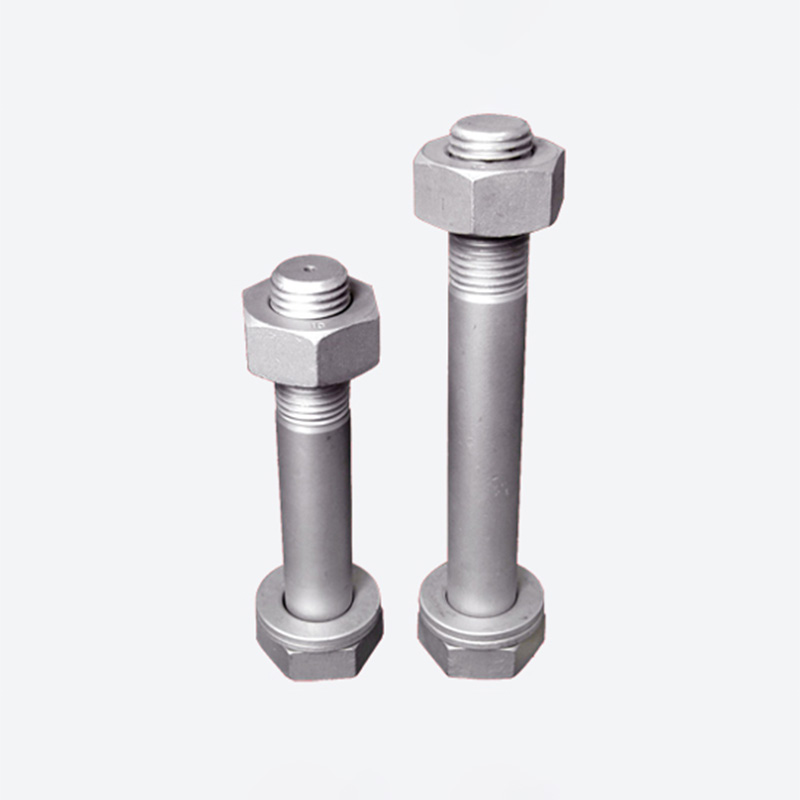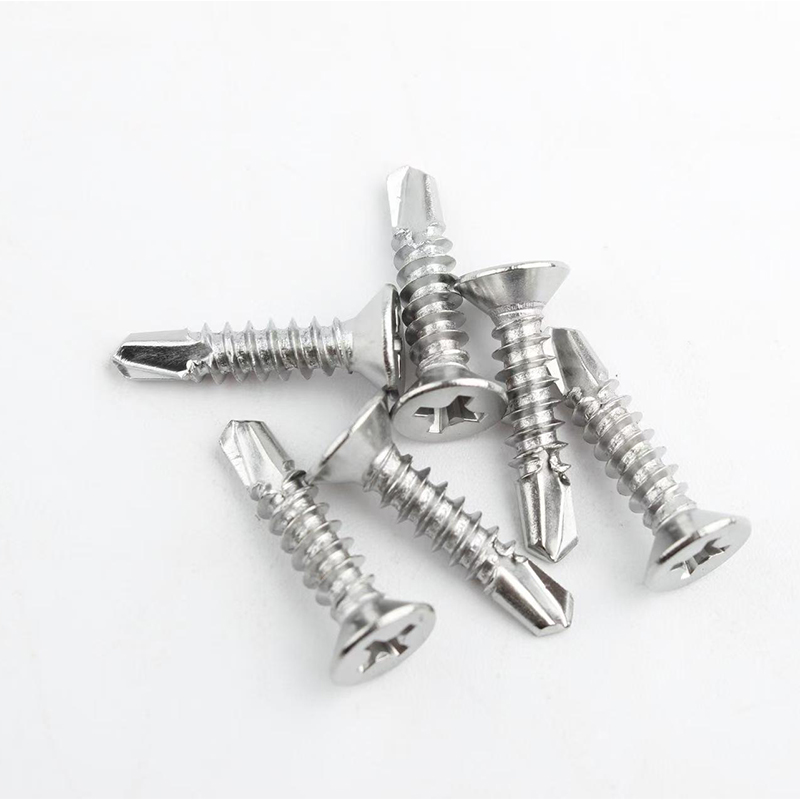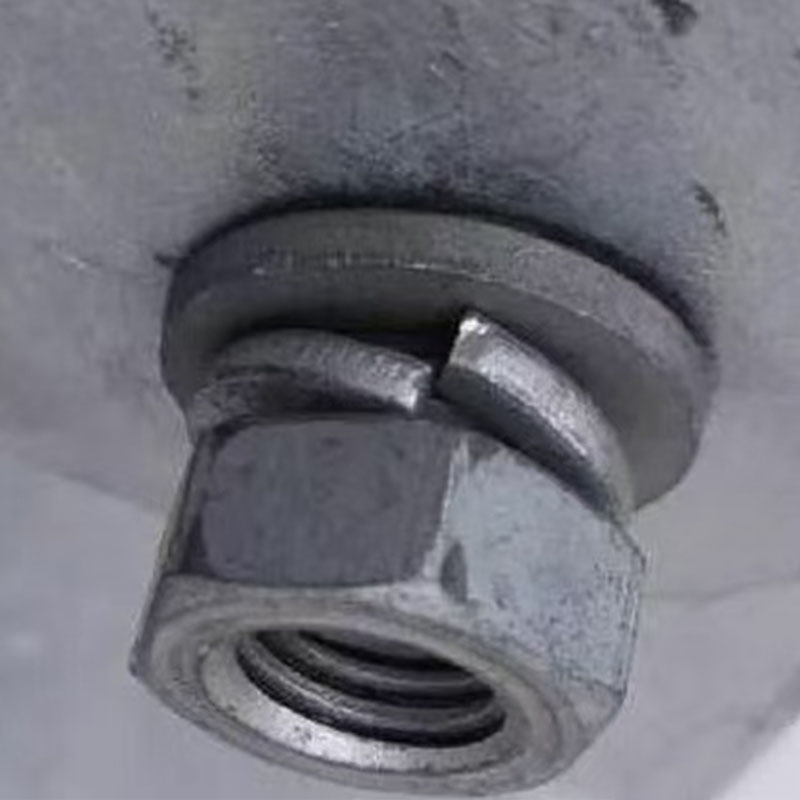- English
- Chinese
- French
- German
- Portuguese
- Spanish
- Russian
- Japanese
- Korean
- Arabic
- Irish
- Greek
- Turkish
- Italian
- Danish
- Romanian
- Indonesian
- Czech
- Afrikaans
- Swedish
- Polish
- Basque
- Catalan
- Esperanto
- Hindi
- Lao
- Albanian
- Amharic
- Armenian
- Azerbaijani
- Belarusian
- Bengali
- Bosnian
- Bulgarian
- Cebuano
- Chichewa
- Corsican
- Croatian
- Dutch
- Estonian
- Filipino
- Finnish
- Frisian
- Galician
- Georgian
- Gujarati
- Haitian
- Hausa
- Hawaiian
- Hebrew
- Hmong
- Hungarian
- Icelandic
- Igbo
- Javanese
- Kannada
- Kazakh
- Khmer
- Kurdish
- Kyrgyz
- Latin
- Latvian
- Lithuanian
- Luxembou..
- Macedonian
- Malagasy
- Malay
- Malayalam
- Maltese
- Maori
- Marathi
- Mongolian
- Burmese
- Norwegian
- Pashto
- Persian
- Punjabi
- Serbian
- Sesotho
- Sinhala
- Slovak
- Slovenian
- Somali
- Samoan
- Scots Gaelic
- Shona
- Sindhi
- Sundanese
- Swahili
- Tajik
- Tamil
- Telugu
- Thai
- Ukrainian
- Urdu
- Uzbek
- Vietnamese
- Welsh
- Xhosa
- Yiddish
- Yoruba
- Zulu
- Kinyarwanda
- Tatar
- Oriya
- Turkmen
- Uyghur

के 100mm drywall screws प्रयोग गर्न को लागी पर्यावरण अनुकूल छ?
२०२५-०८-१२
100mm drywall screws को पर्यावरणीय प्रभाव बुझ्न पर्यावरण-सचेत बिल्डर्स को लागी महत्वपूर्ण छ। प्रायः दिगोपन छलफलहरूमा बेवास्ता गरिन्छ, यी साना घटकहरूले निर्माण परियोजनाहरूमा महत्त्वपूर्ण भूमिका खेल्छन्। विशेषज्ञ अन्तर्दृष्टि र वास्तविक-विश्व अनुप्रयोगहरूमा ट्याप गर्दै, यी स्क्रूहरू पर्यावरण-मैत्री लक्ष्यहरूसँग पङ्क्तिबद्ध छन् कि छैनन् भनेर अन्वेषण गरौं।
100mm Drywall Screws को वातावरणीय विचार
जब हामी कुरा गर्छौं 100mm drywall स्क्रू, पहिलो प्रश्न तिनीहरूको भौतिक संरचना हो। धेरै जसो स्टीलबाट बनेका हुन्छन्, प्रायः जस्ती। इस्पात उत्पादन ऊर्जा-गहन हो र CO2 उत्सर्जन गर्दछ। ग्याल्वनाइजेशनले जस्ताको तह थप्छ, स्थायित्व बढाउँछ, जसले समग्र खपत कम गर्न सक्छ। तर के यसले वातावरणीय लागतलाई औचित्य दिन्छ?
अभ्यासमा, पर्यावरण-मैत्री निर्माण सामग्रीहरू छनौट गर्दा व्यापार-अफ समावेश छ। निर्माणकर्ताहरूले कहिलेकाहीं पुन: प्रयोग गरिएको स्टील सामग्रीको साथ स्क्रूहरू रोज्छन्। कार्बन फुटप्रिन्ट कम गर्न यस्ता छनौटहरू महत्त्वपूर्ण छन्। यद्यपि, रिसाइकल-सामग्री स्क्रूहरूको बजार उपलब्धता एउटा मुद्दा हुन सक्छ, जसले हामीलाई विभिन्न प्रस्तावहरूको लागि प्रख्यात ह्यान्डन शेन्गटोङ फास्टनर निर्माण कम्पनी, LTD जस्ता आपूर्तिकर्ताहरू अन्वेषण गर्न दबाब दिन्छ।
त्यसपछि त्यहाँ प्याकेजिङ छ। केही निर्माताहरू, मा फेला परेका जस्ता कम्पनीहरू सहित Shengtong फास्टनर, प्याकेजिङ फोहोर कम गर्न ध्यान केन्द्रित गर्नुहोस्। त्यस्ता प्रयासहरू, सानो जस्तो देखिने भए पनि, ठूला परियोजनाहरू मापन गर्दा दिगोपनमा महत्त्वपूर्ण रूपमा गणना गरिन्छ।
स्थायित्व र दीर्घायु
स्थायित्व स्थायित्वको प्रायः कम अनुमानित पक्ष हो। ए 100mm drywall पेंच जुन दशकौंसम्म रहन्छ प्रतिस्थापनको आवश्यकतालाई अस्वीकार गर्दछ। तर यो तत्वहरू विरुद्ध सहनशीलताको बारेमा मात्र होइन। संरचना परिमार्जन वा भत्काइएपछि कसरी भाडा हुन्छ?
धेरै विध्वंस परिदृश्यहरूमा, स्क्रूहरू बचाइन्छ र पुन: प्रयोग गरिन्छ। यो विशेष गरी स्क्रूहरूसँग लाभदायक छ जसले हटाउने क्रममा तिनीहरूको संरचनात्मक अखण्डता कायम राख्छ। बलियो डिजाइनलाई प्राथमिकता दिने कम्पनीहरूले सामान्यतया आफ्ना उत्पादनहरू खारेज गर्नुको सट्टा पुन: प्रयोग भएको देख्छन्।
यद्यपि, सबै स्क्रूहरू समान रूपमा सिर्जना गरिएका छैनन्। स्थायित्वमा जोड दिने विशिष्ट ब्रान्डहरूको मूल्याङ्कन गर्नाले, जस्तै सम्भावित रूपमा Shengtong फास्टनर जस्ता निर्माताहरूद्वारा प्रस्ताव गरिएको, महत्त्वपूर्ण वातावरणीय भिन्नता ल्याउन सक्छ।
स्थापना दक्षता र अपशिष्ट
प्रयोगको व्यावहारिक पक्ष 100mm drywall स्क्रू श्रम लागत र वातावरणीय प्रभावलाई असर गर्दै, तिनीहरू कत्तिको कुशलतापूर्वक स्थापना गर्न सकिन्छ। मिसाइलाइन वा बिग्रिएको स्क्रूले फोहोर निम्त्याउँछ। यहाँ, डिजाइन परिशुद्धता खेल मा आउँछ।
उपकरणहरूसँग अनुकूलता, जस्तै ड्रिलहरू र ड्राइभरहरू, पनि स्रोत दक्षतामा योगदान गर्दछ। राम्रोसँग डिजाइन गरिएको स्क्रू छनोट गरेर, स्थापना समय घटाइन्छ, र ऊर्जा खपत पनि।
केही व्यवसायीहरूले इष्टतम ह्यान्डलिंग र स्थापनामा प्रशिक्षण टोलीहरूमा लगानी गर्छन्, जसले फोहोरलाई थप घटाउँछ। यो स्थायित्वको समग्र दृष्टिकोण हो, उत्पादन डिजाइनलाई शिक्षासँग एकीकृत गर्दै।
जीवनचक्र र पुन: प्रयोग योग्यता
ए को जीवनचक्र 100mm drywall पेंच पर्खालबाट हटाइँदा अन्त्य हुँदैन। स्टिलबाट बनेको स्क्रूमा पुन: प्रयोग गर्न मिल्ने फाइदा हुन्छ। तथापि, वास्तविक-विश्व सङ्कलन र रिसाइक्लिंग दरहरू स्थानीय पूर्वाधारमा धेरै निर्भर छन्।
धेरै कम्पनीहरूले अब जीवनको अन्त्य व्यवस्थापनको जिम्मेवारी लिन्छन्। पहलहरू रिसाइक्लिंग कार्यक्रमहरूलाई सुविधा दिनेदेखि पुराना उत्पादनहरूका लागि फिर्ता नीतिहरू प्रस्ताव गर्ने दायरा हुन्। जबकि अग्रिम लागत उच्च हुन सक्छ, केहि निर्माणकर्ताहरूले त्यस्ता दिगो अभ्यासहरू एकीकृत गर्न दीर्घकालीन बचतहरू फेला पार्छन्।
यहाँ, अग्रगामी-सोच गर्ने निर्माताहरूसँगको सहकार्यले, जस्तै Shengtong फास्टनर जस्ता प्लेटफर्महरू मार्फत पहुँचयोग्य, स्थिरता रणनीतिहरू बृद्धि गर्न सक्छ, उत्पादनहरू प्रदान गर्दछ जुन बन्द-लूप प्रणालीहरूसँग पङ्क्तिबद्ध हुन्छ।
लागत बनाम इको-मित्रता: ब्यालेन्स खोज्दै
प्रश्न प्रायः लागतमा उबलिन्छ। छन् 100mm drywall स्क्रू त्यो पर्यावरण-मैत्री धेरै महँगो छ? पुनर्नवीनीकरण सामग्रीबाट बनेको वा नैतिक ब्रान्डहरूद्वारा प्रस्ताव गरिएको प्रिमियम स्क्रूले कहिलेकाहीँ उच्च मूल्य लिन्छ, दीर्घकालीन लाभहरूले प्रारम्भिक खर्चहरू भन्दा बढी हुन सक्छ।
वातावरणीय लक्ष्यहरूसँग बजेट अवरोधहरू सन्तुलन गर्न चुनौतीपूर्ण छ। धेरै निर्माणकर्ताहरूले टायर्ड दृष्टिकोण अपनाउछन्, मुख्य क्षेत्रहरूमा इको-मैत्री सामग्रीहरूलाई प्राथमिकता दिँदै अन्य ठाउँमा लागतहरू अनुकूलन गर्दै।
यो Handan Shengtong Fastener Manufacturing Co., LTD जस्ता आपूर्तिकर्ताहरूसँग परामर्श गर्न लायक छ, जसले इको-सचेत लक्ष्यहरू त्याग नगरी आर्थिक रूपमा सम्भाव्य सम्झौताहरूमा अन्तरदृष्टि प्रदान गर्न सक्छ। वातावरणीय नियमहरू कडा हुँदै जाँदा, हरियाली उत्पादनहरूमा लगानी गर्दा भविष्यको अनुपालन लागतहरू पनि कम हुन सक्छ।
अन्ततः, 100mm drywall screws को इको-मित्रता केवल सामग्री छनोटको कुरा होइन तर स्थायित्व, जीवनचक्र, र फराकिलो वातावरणीय रणनीतिहरूको विचारलाई समेट्छ। यो एक सूक्ष्म निर्णय हो, सावधानीपूर्वक मूल्याङ्कन र दिगो अभ्यासहरूको लागि प्रतिबद्धताको माग गर्दै। अनुभवी निर्माताहरूलाई लाभान्वित गरेर, उद्योग खेलाडीहरूले उनीहरूको परियोजनाहरूमा इको-सिद्धान्तहरू अझ राम्ररी इम्बेड गर्न सक्छन्।









